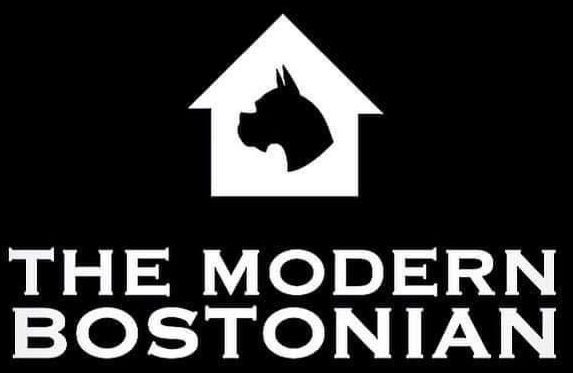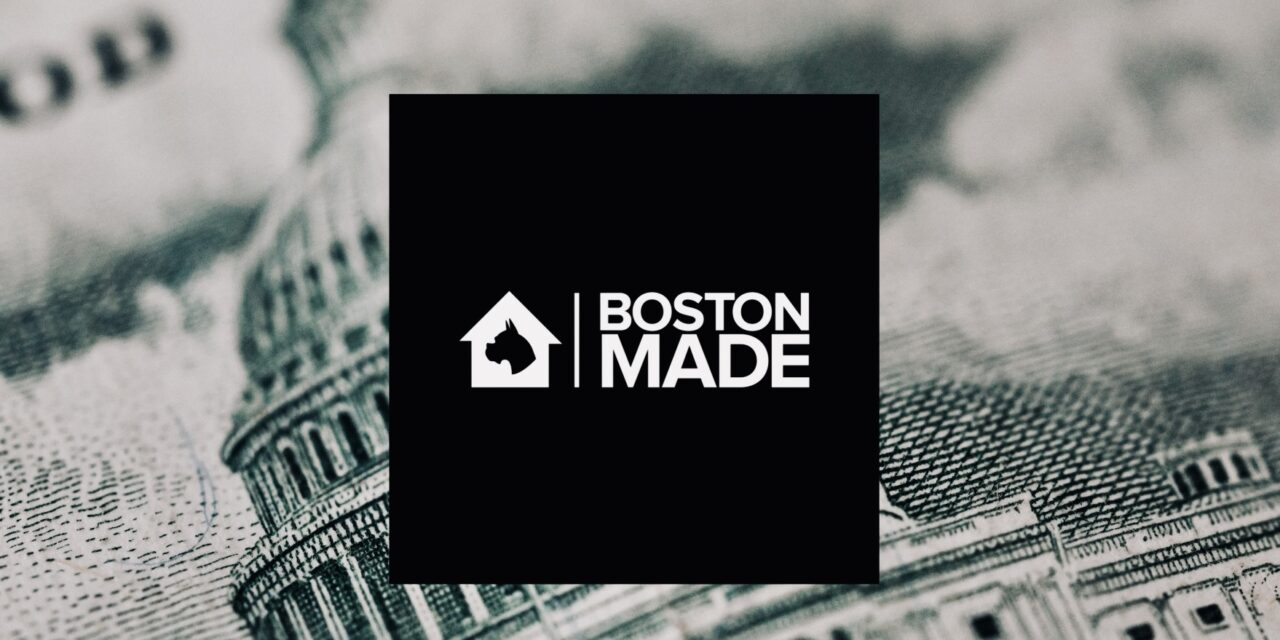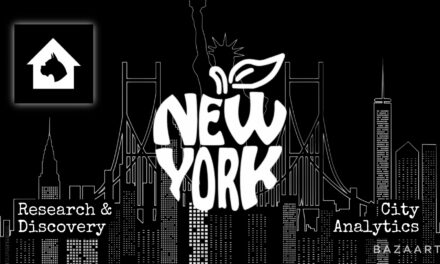Understanding Boston Made Shareholders
In the world of corporate ownership, shareholders play a crucial role in the operation and governance of a company. Whether it’s a public or private corporation, shareholders are individuals or legal entities that are registered as the legal owner of shares of the share capital.
A shareholder, sometimes referred to as a stockholder in the United States, becomes a member of a corporation once their name and details are entered in the corporation’s register of shareholders. The corporation is not required to enquire about the beneficial ownership of the shares unless mandated by law. Shareholders are separate entities from the corporation itself, and generally, their liability for the company’s debts is limited to the unpaid share price unless they have provided guarantees.
The influence of shareholders on a business is determined by the percentage of shareholding they own. They may have acquired their shares in the primary market by subscribing to Initial Public Offerings (IPOs) or in the secondary market without providing direct capital to the corporation. Depending on the share class, shareholders may receive special privileges.
The board of directors of a corporation typically governs the company for the benefit of shareholders. While shareholders are crucial stakeholders in a corporation, they are considered a subset of stakeholders, alongside employees, suppliers, customers, and the community, who all have a direct or indirect interest in the business entity.
Understanding the role and impact of shareholders is essential for navigating the complex world of corporate ownership and corporate governance. As Boston Made Shareholders, it is important to recognize the responsibility and influence that comes with being a part of a company’s ownership structure.





